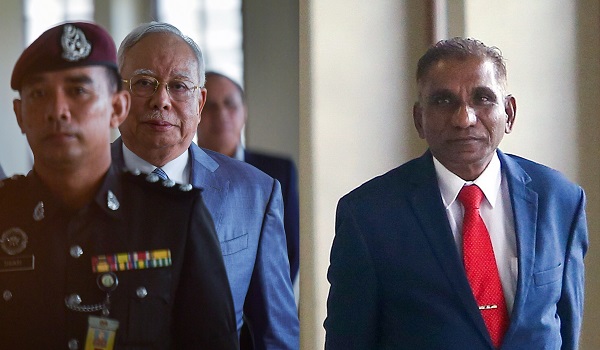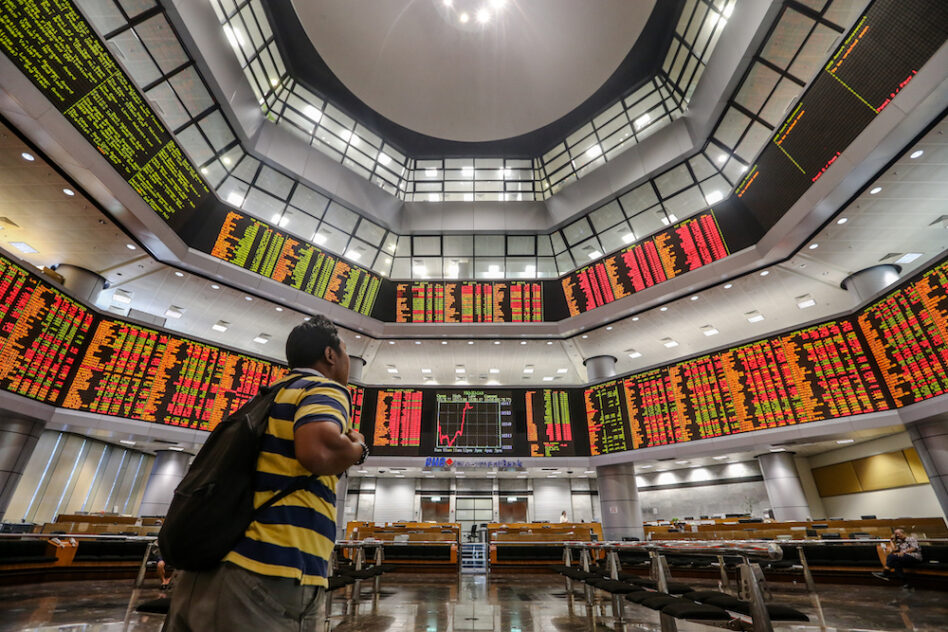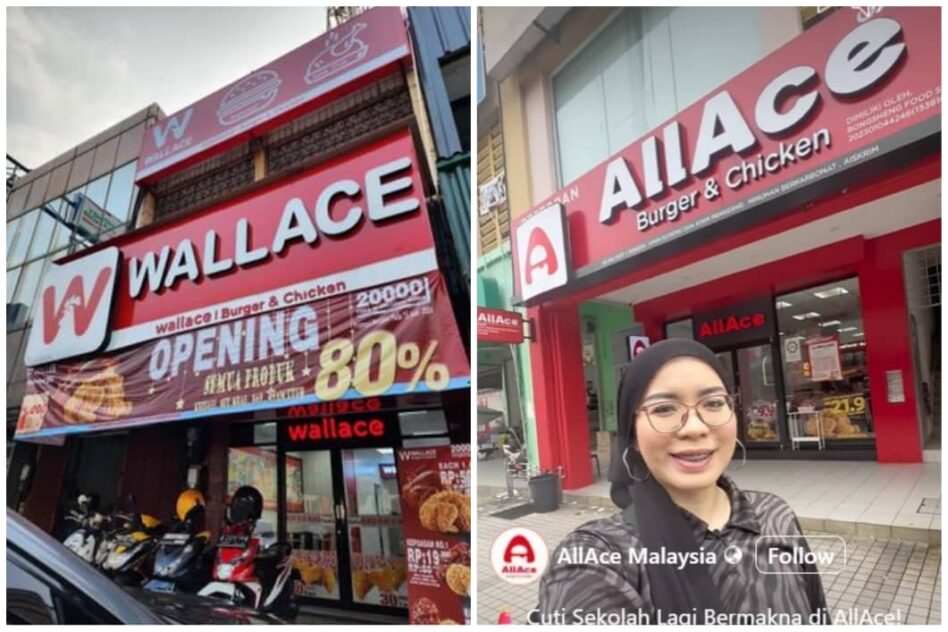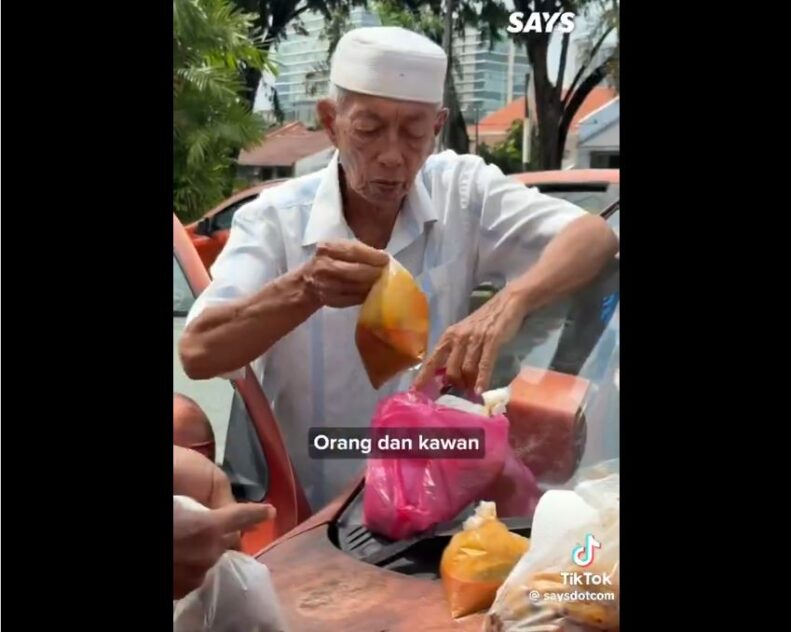THE Malaysian justice system seems to have developed a peculiar pattern when it comes to high-profile cases.
One moment, we are told justice is being served and the next, it’s a procedural mess that sets accused individuals free – not acquitted, of course, just discharged not amounting to acquittal (DNAA).
Call it what you want, it’s really “you are free to go – for now”.
Take the latest DNAA granted to already incarcerated former premier Datuk Seri Najib Razak and ex-treasurer-general Tan Sri Irwan Serigar Abdullah over RM6.6 bil in government funds allegedly misused in payments to International Petroleum Investment Co (IPIC).
The case – hanging over their heads since 2018 – was discharged because the prosecution failed to comply with Section 51A of the Criminal Procedure Code which mandates disclosure of evidence to the defence.
What were they doing for the past six years? Is the Attorney-General’s Chambers (AGC) trying to deliberately undermine public trust in itself? Were there puppeteers pulling the strings?
This is not the first time high-profile cases were thrown out due to prosecutors’ inaction.
In September 2023, Najib and former 1Malaysia Development Bhd (1MDB) president and CEO Arul Kanda Kandasamy’s acquittal in the 1MDB audit report tampering case was upheld.
This followed the Court of Appeal striking out the prosecution’s notices of appeal because they were deemed to have lapsed and became invalid according to the law.
The panel led by appellant court judge Datuk Hadhariah Syed Ismail said that the prosecution was reminded on three occasions to file its petition of appeal yet had failed to do so. The panel noted that the prosecution also did not file for an extension of time to date.
Zahid’s DNAA
And who can forget Deputy Prime Minister Datuk Seri Ahmad Zahid Hamidi’s DNAA just last year. Here’s a case where the prosecution not only established a prima facie case but had spent 77 days in trial with over 100 witnesses.
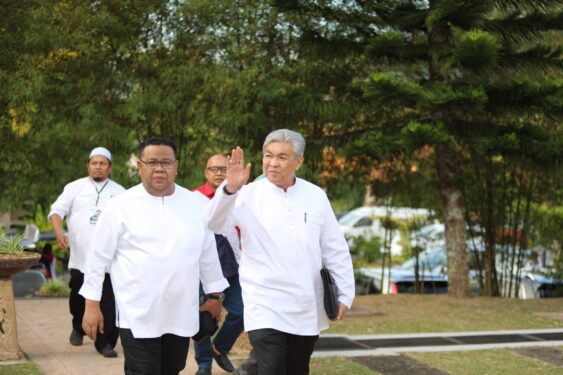
Yet, Zahid walked away with a DNAA, thanks to a convenient “further investigation” excuse. Notably, the UMNO president’s DNAA came amid his unequivocal backing for Prime Minister Datuk Seri Anwar Ibrahim’s administration. Coincidence? Perhaps, who knows?
But why do cases involving politically connected individuals seem to unravel on technicalities while those of ordinary citizens face the full weight of the law?
Perhaps it is high time de facto Law Minister Datuk Seri Azalina Othman Said clears the air over the public disquiet.
While the senior UMNO minister is pushing for commendable legal reforms, one cannot ignore her party affiliation when high-profile UMNO leaders keep getting the get-out-of-jail cards on technicalities due to the prosecutors’ action or lack of.
The planned separation of the AGC and the Public Prosecutor’s Office has been discussed for years but there’s little to show for it.
In the meantime, the AGC continues to wield unchecked discretion under Article 145 of the Federal Constitution, perpetuating a system where accountability is being perceived to be eroded.
Designed to protect the innocent from baseless charges, the DNAA mechanism has now become – at least in the public’s eye – a convenient escape hatch for the powerful.
Justice must not only be done but must be seen to be done. With each DNAA in high-profile cases, public perception of the justice system is further strained.
The Madani administration needs to urgently re-build the trust without leaving any lingering questions about fairness and accountability. – Nov 27, 2024


